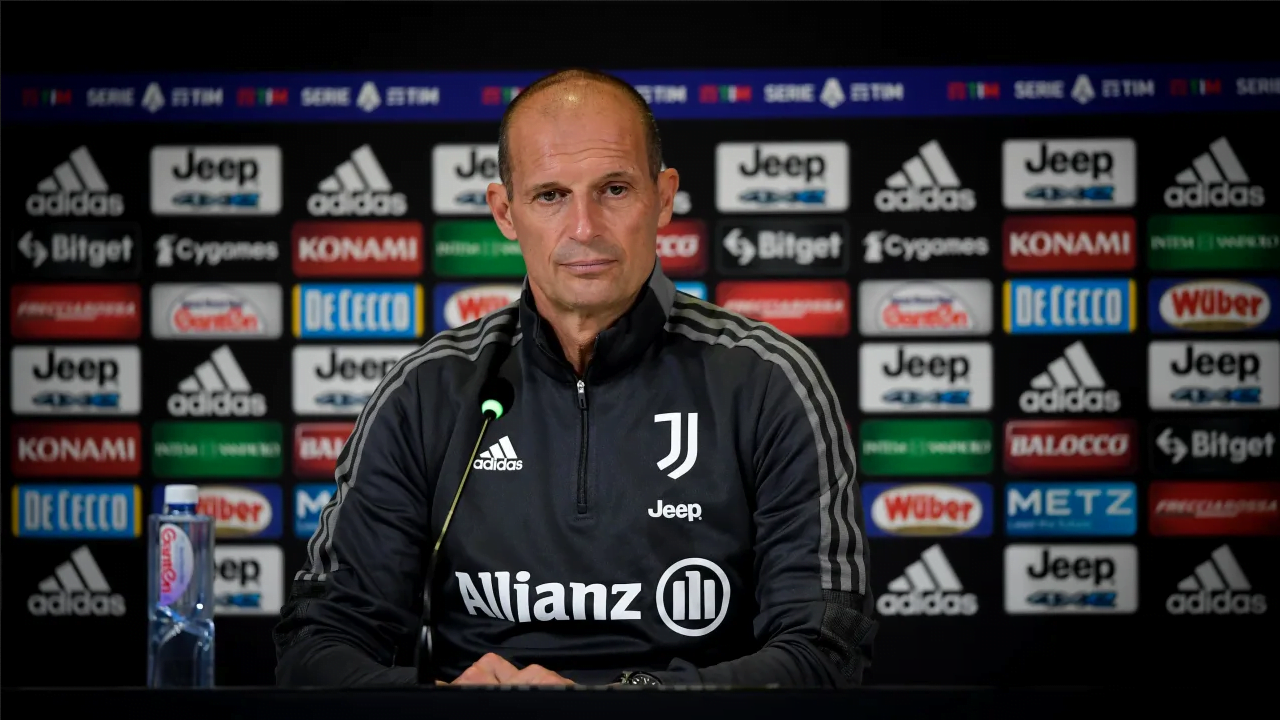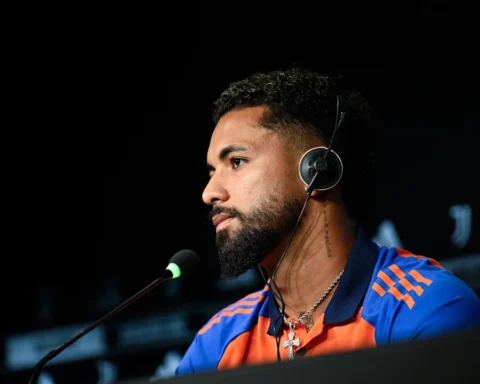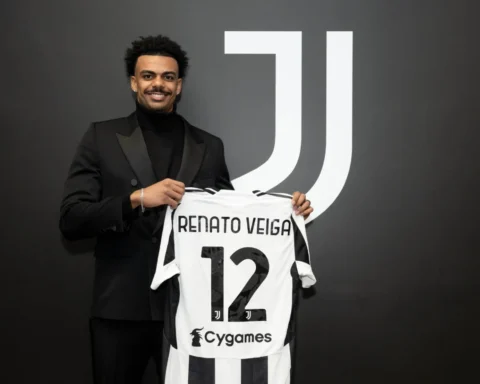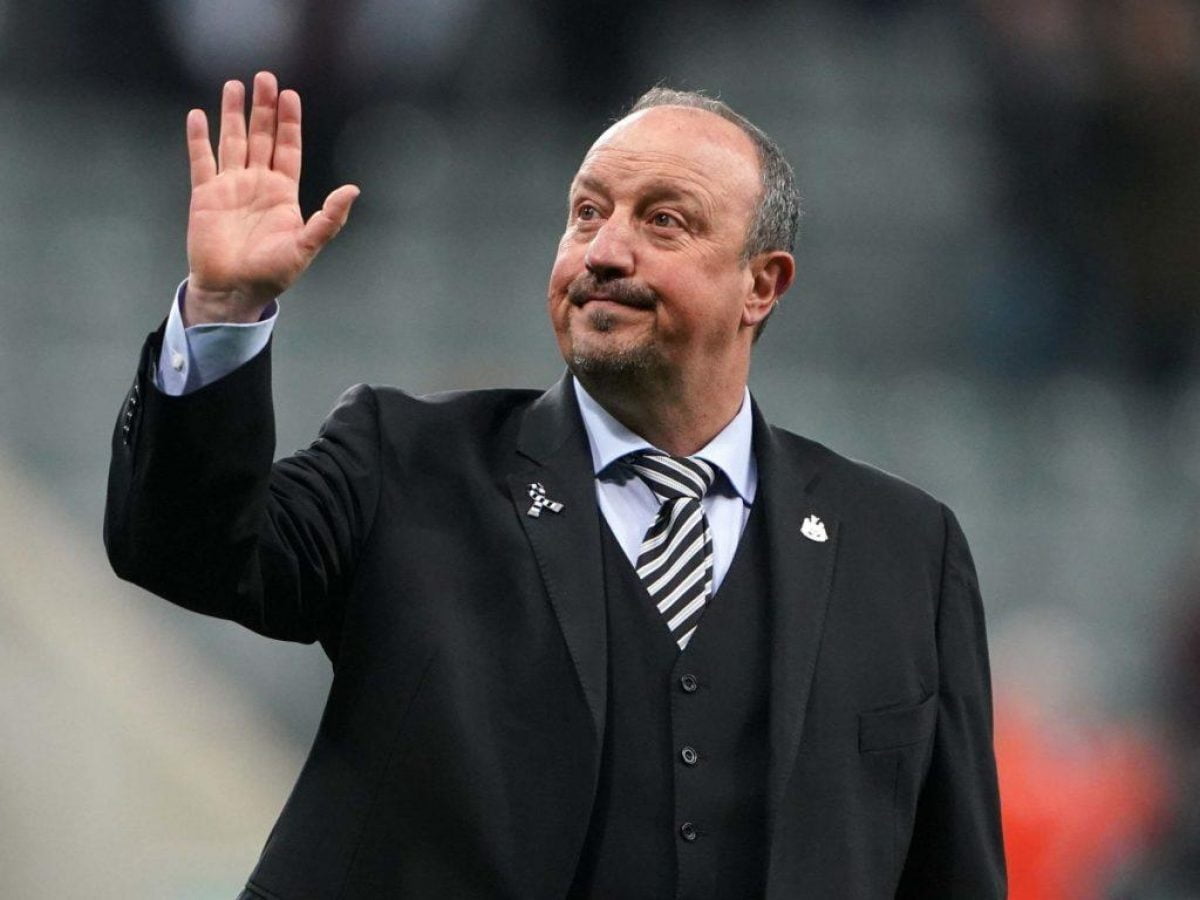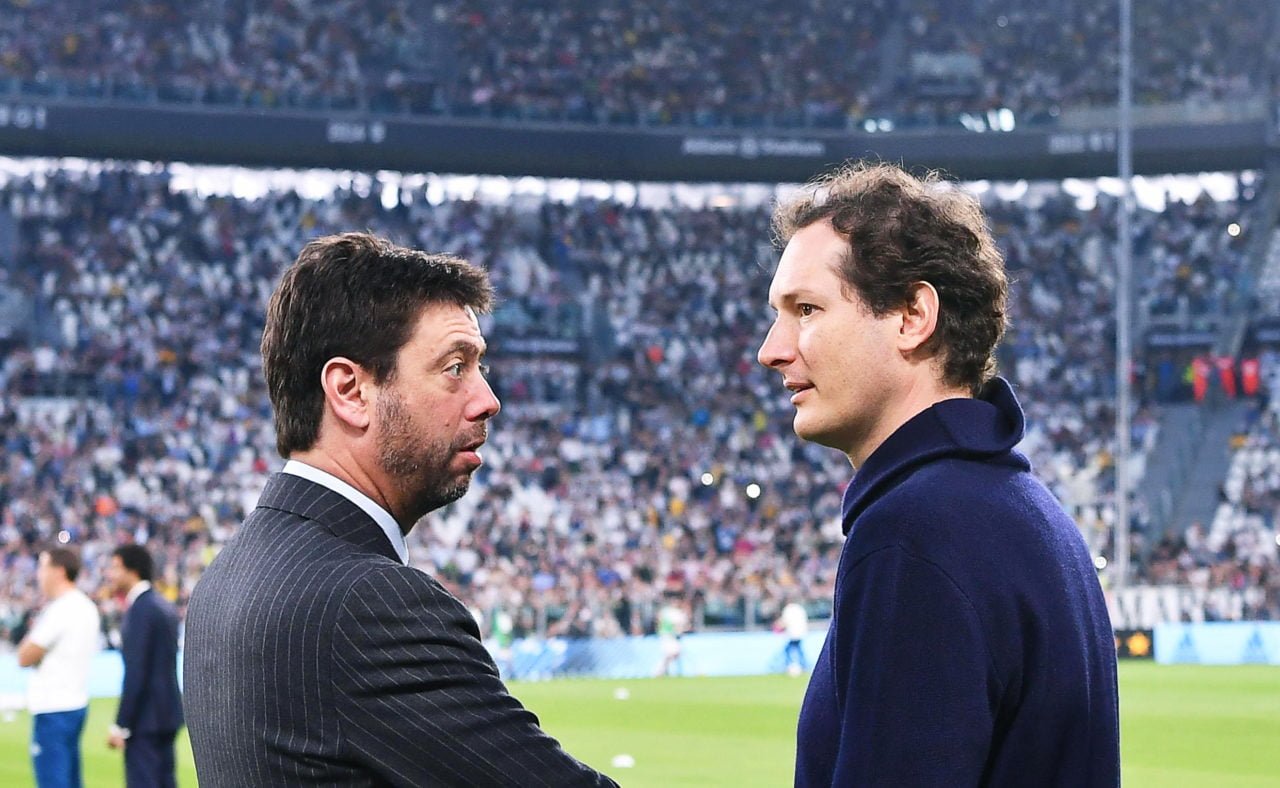Former Juventus coach Max Allegri visited the offices of newspaper Tuttosport to apologise for his actions following the Coppa Italia final. Tuttosport editor Guido Vaciago recounted how Allegri targeted him after the final whistle had blown, threatening to rip his ears off, accusing him of publishing stories that were favourable to the club, and not him.
Writing in his column for the newspaper, Vaciago detailed Allegri’s downfall, explaining that the coach took time out to visit the newspapers HQ and apologise for his actions:
“Are you there at one-thirty if I stop by the office?” The incident from Wednesday night concluded definitively in the offices of Tuttosport, in front of the photos of the Juventus team of 1957-58 and the Torino team of 1975-76. These icons of an earlier, truer, and wiser era of football blessed the handshake, the only possible conclusion to an unfortunate event. Only fools fail to reconcile. Massimiliano Allegri and I made peace in five minutes. It wasn’t particularly difficult because, in hindsight, the context of the Juventus coach’s outburst became more understandable.
Allegri’s Imperfect Ending with Juventus
Just hours before receiving the expected, indeed very expected, news of his dismissal, Allegri was a serene yet bitter man. Regretful of what happened during and after the final, but painfully aware of what that crazy behavior cost him. Not the position as Juventus coach, which he knew he would lose at the end of the season anyway, but a different kind of farewell—the chance to bid farewell at the Stadium on the final matchday against Monza, perhaps showcasing the Coppa Italia with the team. This punishment might be harsher than the dismissal for someone who has always felt and still feels part of Juventus, deeply connected to the club. Not as a fan—something always somewhat nebulous for a football professional—but as a member of a family he has been part of through good times and bad. He explained this with an almost clear-eyed look, as it would have been the perfect closure to a ten-year circle, including two years of rest, with a Coppa Italia to seal everything in a very Juventus-like manner.
Allegri, Lightning Rod, and Overbearing Figure
None of that came to pass. Even the most cynical fans can’t help but feel some melancholy. During his second tenure, Allegri was a divisive coach for many reasons, some logical, others not. The main reason was that he became the club’s lightning rod during a stormy three-year period with too many lightning bolts and few victories. Especially this last factor weighs heavily when you coach Juventus because victories, even ugly ones, can make everything shine brighter. Allegri has been the sole face of Juventus for the past two years, his presence increasingly imposing within the club, a club he knew better than any of its executives. In well-functioning big clubs, everyone has their job and must do it with utmost commitment and professionalism. Deviating from this sacred rule always leads to trouble, and Allegri’s explosion of anger on Wednesday night is one such example.
Allegri-Juventus: An Ending Foretold
With the new management, Allegri couldn’t build a relationship. Perhaps he never felt trusted, knowing he was part of a different chapter in Juventus history, or perhaps they never truly understood each other. Not always do people speak the same language, but it should never end as it did on the Olimpico field with gestures at Giuntoli. Disputes between coaches and sporting directors could fill volumes, but they usually resolve heatedly in a room, not in front of millions. A season of misunderstandings is long and leaves marks, especially if, at some point, you feel like a foreign body the club wants to expel, just waiting for the right moment. That’s how Allegri felt, accumulating frustration that exploded on Coppa Italia night.
It’s impossible to determine who is at fault in a divorce if the marriage was never meant to be. The new Juventus wanted to dismiss him a year ago, but it was too costly. Forced coexistence inevitably leads to such an ugly ending. An ending from which there is no return, leaving Allegri empty, melancholic, yet serene and ready to look to the future. It’s still too soon to look back without the sting of recent memories, but in time, the perspective will change for both Allegri and the fans. When certain corners of the present, fortunately, become curves in the memory, they will accept as a victory the fact that nothing ever returns.

